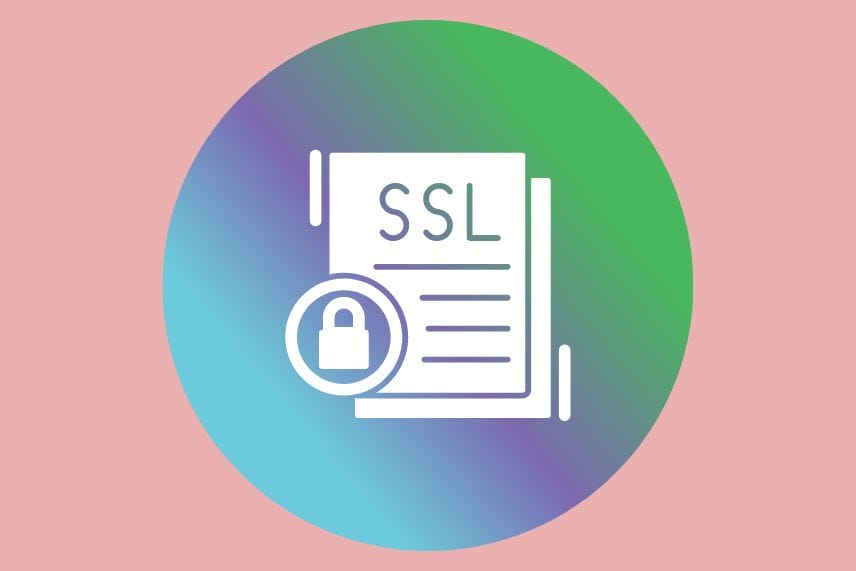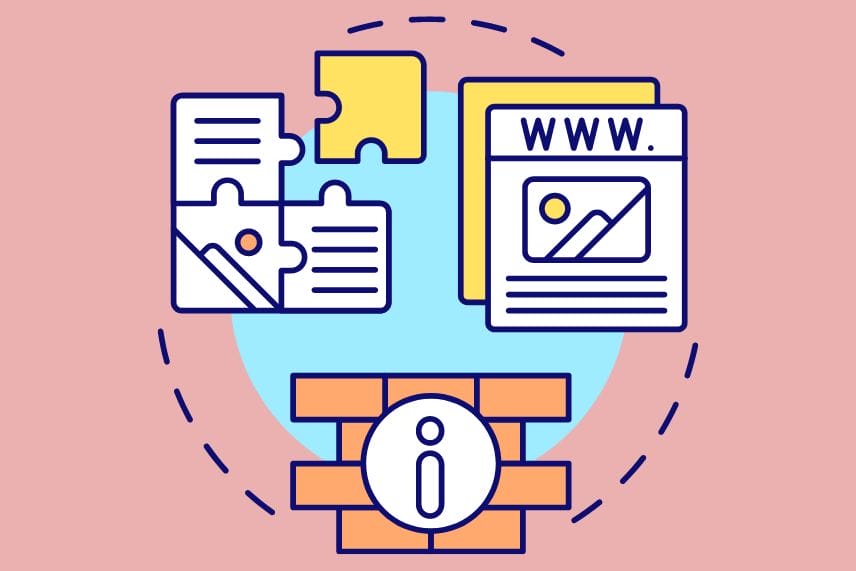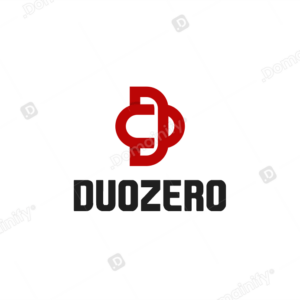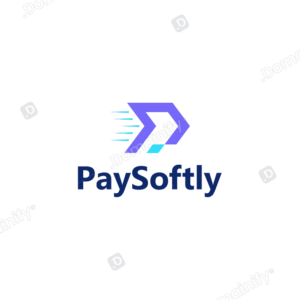Ever noticed an extra “s” when surfing web pages that required you to enter sensitive data, such as when you paid bills online? How did that additional “s” get there, and what does it mean? It’s called an SSL certificate.
Simply put, the extra “s” implies that your link to that page is safe and protected. Thus, any data you input is safely shared with that website. SSL, which stands for “Secure Sockets Layer,” is the innovation that controls that tiny “s.”
As a customer, before you submit any sensitive information on a website, always look for https://. Likewise, a salesperson should have an SSL or two for your target audience.
What Exactly Is SSL, And What’s Its Function?

SSL or Secure Sockets Layer is a protocol that uses encryption to enable the safe sharing of data over the Internet. In short, SSL is a technique that protects your website users’ details from hackers when they enter them into your website.
An improved version of SSL called TLS, or Transport Layer Security, now exists. But the global has become so accustomed to SSL that we continue to use it.
Consider this: Whenever somebody fills out a form or uploads information on a website, their data must transit digitally from two points. It will move from point A, where they submitted it, to point B, where it remains.
So, if the webpage they are visiting is not secure or doesn’t have an SSL certificate, hackers can detect and read the sent data. This is known as a man-in-the-middle assault, and you will not find out until it’s too late.
However, MITM attacks do not affect secure websites, particularly those with an SSL certificate. When a site uses SSL, the link from your computer to that site will be safe and strongly encrypted. Thus, it will be difficult for hackers to intercept any information sent.
Put yourself in the shoes of your website’s visitors. Doesn’t it make you feel better if you could perform your online shopping experience or banking over a secure connection? We certainly would. According to a GlobalSign report, “85% of online buyers shun unsafe websites.” That’s a lot of money you may be losing.
To get an SSL certificate, web admins must buy it from a Certificate Authority (CA). The certificate authority will generate the license using the CSR or Certificate Signing Request. It is an encoded text created on the server where the certificate will be.
It contains information such as the site’s domain name, contact info, and the public key used to encrypt the data delivered.
The web server will send a copy of the certificate when the visitor tries to access the website. Upon successful completion, an SSL-secured connection will be set up. Then, the website’s URL will begin with HTTPS. Also, the address bar will display a padlock icon, depending on the browser.
Importance Of SSL
An SSL certificate isn’t just for protecting sensitive information. The following section discusses other vital reasons for this digital certificate.
Enhanced Security
There are several methods for making your website safe. Adding an SSL certificate adds a critical layer of defense against fraudulent assaults. Protecting user login details, addresses, and other personal info is necessary. Whether the website accepts payments or not.
Websites that do not have SSL certificates use HTTP, a text-based protocol. Thus, it makes it quicker to monitor and read their activities. HTTPS encrypts data with cryptographic keys. Thereby giving more complicated security and making it impossible for potential threats to intercept data transmission.
As a result, the HTTPS protocol protects your website against digital attacks. These attacks occur whenever anyone hijacks traffic between the server of the website and the visitor’s browser.
Attackers may steal information transmitted or redirect visitors to a phishing website. There, they may request login credentials or other confidential data.
Even though an attacker steals your connection, having an SSL certificate assures protection over your details.
Develop Trust

It is vital to establish trust with your clients. Visitors, especially those who do business online, want explicit confirmation that it is safe to disclose their details.
According to research, 17% of online customers abandon their carts. The reason is that they need to trust the website more to enter their credit card information.
An SSL certificate informs users they may share data with the website in a secure manner. Also, it urges them to use your product and put you ahead of competitors who do not have one.
Furthermore, it helps visitors identify who owns the website before logging in or providing critical information.
Strengthen SEO
Another benefit of having an SSL certificate is improving your SEO approach. Search engines such as Google now include website security when calculating page rankings. Google Chrome and other web apps present a “Not Secure” warning notice on all non-SSL websites. As such, it notifies visitors to ensure a safe web surfing experience.
An SSL certificate provides you an edge over competitors who do not have one. Thereby enhancing the ranking of your site on search engine results pages (SERPs).
SSL Certificate: How Does It Protect Your Website?
SSL protects data exchanged between users and websites or two systems. It does this by making it hard to read. SSL uses encryption methods to distort data during transit. So, it prevents hackers from retrieving it as it travels over the network.
Here is the process;
The browser or server connects SSL-enabled websites (i.e., web servers).
Browsers and servers request the web server’s identification.
Browsers and servers receive a copy of the web server’s SSL certificate.
Upon receiving the SSL certificate, the browser or server verifies it. When it does, it tells the web server about it.
In order to start an SSL-encrypted connection, the web server returns a digitally signed acknowledgment.
Encrypted data is sent between the browser or server and the web server.
This is known as an “SSL Handshake” in some circles. While it may appear to be a lengthy procedure, it works in milliseconds.
Types Of Websites That Need SSL Certificates
Below are standard websites that require SSL certificates;
Personal Websites
A portfolio is susceptible in the same way an eCommerce website is. When a potential customer fills out a contact page, SSL encrypts the data so that hackers would not get it.
E-commerce Websites
If your e-commerce platform intends to take credit card payments online, you will need a payment processor and an SSL certificate. SSL encryption prevents unwanted parties from stealing data collected from your site and clients. These may include identities, passwords, and credit card info.
Chrome and Safari, two famous online browsers, warn users not to enter personal information on HTTP websites. Customers are concerned that their credit card details may be stolen, causing them to abandon their online business.
PCI rules involve encrypting the transfer of cardholder data over open networks. Hence, all sites that accept payments online must have an SSL certificate. However, most hosting companies have conditions of service that require the website to be secured with an SSL certificate before receiving credit card payments.
Pro Tip To accept online payments, you can also use a third-party SSL-certified payment processor like Paypal. |
Government Websites
The inconsistency of government websites, agencies, etc., in implementing SSL certificate security to minimize their cyber security risk makes them a potential target for data or transaction theft despite their greater sense of purpose.
Increased privacy and security, and increased public trust in government websites, are all benefits of using SSL certificates. Government websites handle many sensitive details about citizens. So, they must prioritize protecting consumer privacy to stop hackers from monitoring or changing data.
Static Websites

This may seem unfair to some static webmasters, particularly those without login pages or payment alternatives. They could believe that since they don’t save essential data on their websites, nobody will attempt to hack them.
While some of those views are valid, the information of a static website must still be safe. Even if your static website doesn’t have any login information or user data to safeguard, you still need to guard against content breaches and hacking. Hackers can target everyone who visits your unsecured website, so be concerned about your users’ privacy.
Choosing The Right SSL Certificate Validation
Selecting the right SSL certificate might be difficult since not all vendors provide the same types. Here, we will go through how to pick the best SSL certificate and the types for your website.
Determine the property categories you want to safeguard (domain, sub-domain).
Decide if you require protection for a single or several properties (wildcard SSL or multiple domains).
Then, pick what level of privacy you need.
domain-validated — LOW
organization-validated — MEDIUM
extended validation — HIGH
Extended Validation (EV) SSL Certificate
An EV certificate is the symbol of the utmost security and trust. This is because the firms that use it must pass thorough background checks and tough vetting procedures to get this certification.
When putting an SSL certificate on a website, this is the best option. It makes the URL bar of the major browsers green. Thus, it assures website visitors that it is safe to undertake online payments with them.
Organization Validated (OV) SSL Certificate
Organization Validated SSL certificates also provide a high level of security and trust. Each OV SSL certificate involves verification of the firm’s or business’s name, address, domain name, and other details. It offers rapid identity confirmation and robust encryption.
On the other hand, OV certificates do not have the power to tint the browser address bar green. Rather, it shows the padlock and HTTPS in green. Informing the visitor that the online shop or website is secure to conduct any sort of transaction.
Domain-Validated SSL certificates
Without a doubt, a domain-validated SSL certificate offers similar high data encryption as the other validation levels. But it does not verify or confirm the brand personality behind the site.
Conclusion
The value of having SSL on your website will continue to rise. Google is the most well-known search engine, and they aren’t holding back when it comes to making the web a safe environment for everyone. Without an SSL certificate, you run the danger of having your website fall in the search engine rankings and losing the confidence of your site users. Get SSL immediately and transform your website into a trustworthy resource.
If you’re still wondering if your website needs domain protection, the answer is an emphatic “yes.”
















